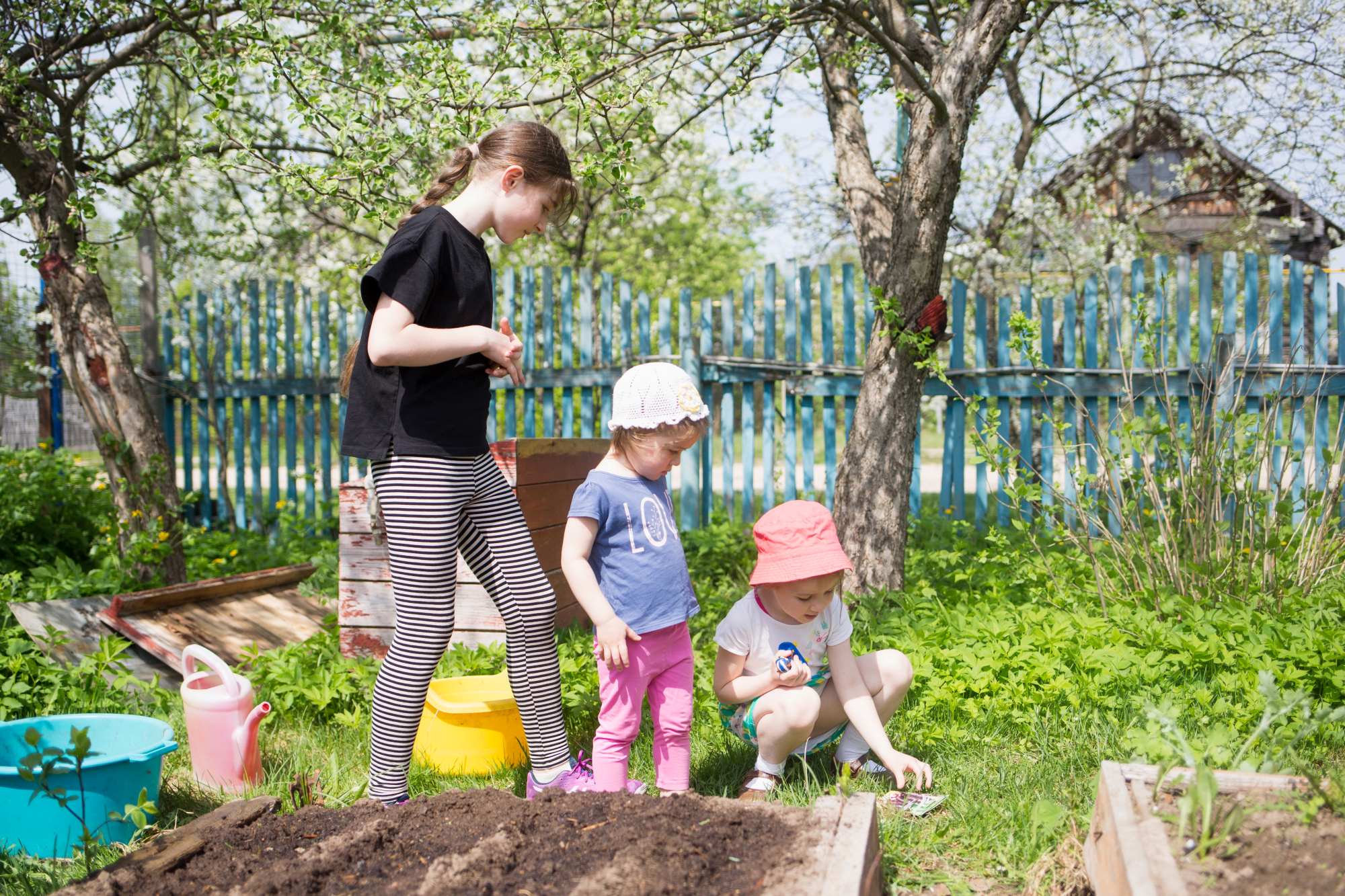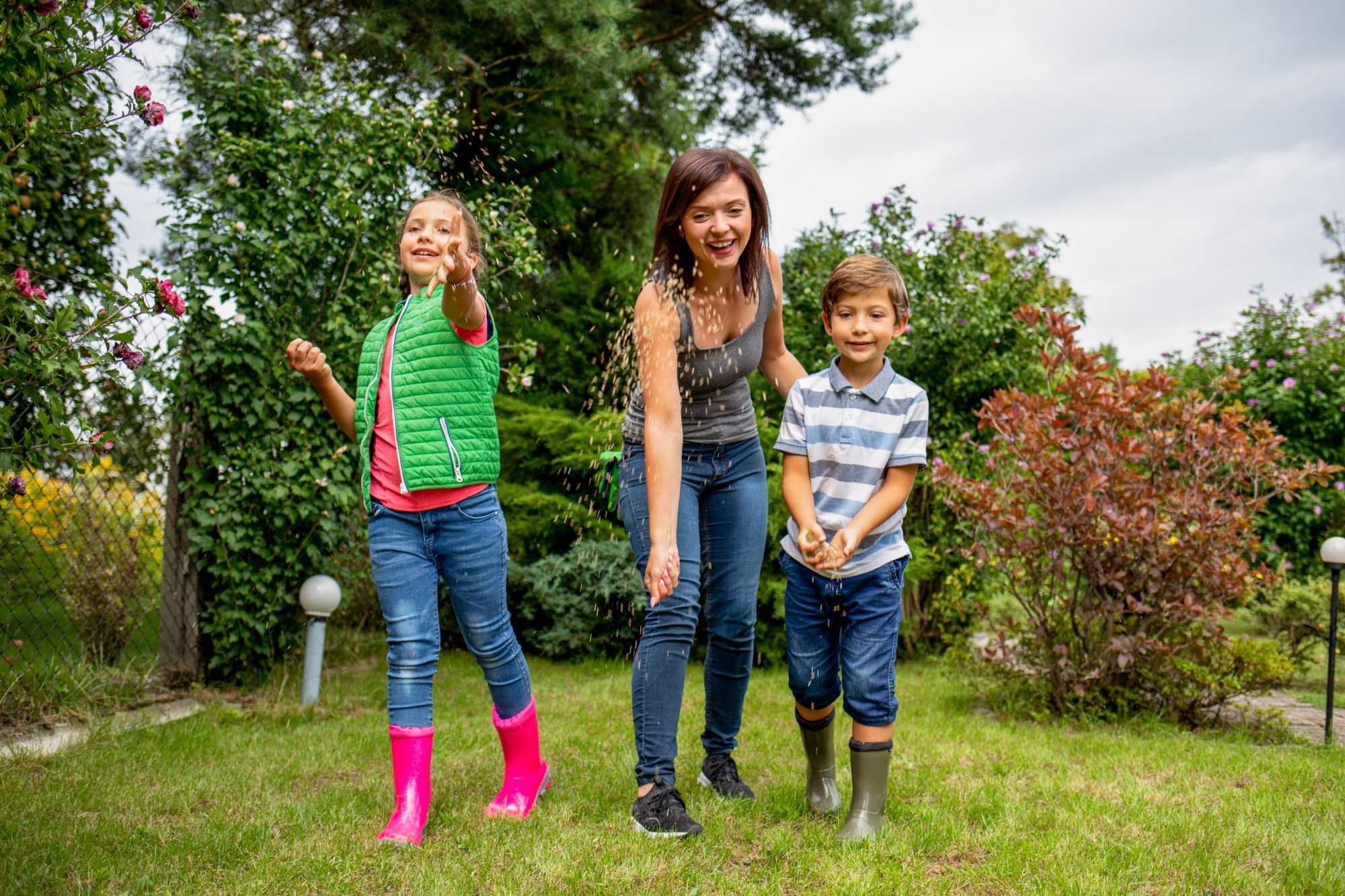In today’s fast-paced digital age, children spend an increasing amount of time indoors, glued to screens and disconnected from the natural world. However, introducing children to gardening and encouraging them to plant spring wildflower seeds can have numerous benefits for their physical, mental, and emotional well-being. Engaging in these activities not only allows children to connect with nature but also nurtures important life skills and promotes environmental consciousness. This article explores the many reasons why it is beneficial for children to get their hands dirty and embrace the wonders of gardening and planting spring wildflower seeds.
Environmental Awareness and Responsibility
By involving children in gardening and seed planting, we instill in them a deep sense of environmental stewardship. They learn about the importance of preserving and protecting our natural resources, understanding how plants grow and their role in sustaining ecosystems. Children gain firsthand experience of the interconnectedness of all living things and develop a profound respect for the environment.
Hands-On Learning
Gardening offers children a dynamic and engaging learning experience. It provides opportunities for experiential learning, allowing them to explore scientific concepts like photosynthesis, plant life cycles, and the role of insects in pollination. These hands-on activities foster a deeper understanding of the natural world, making science more tangible and enjoyable.
Physical Health and Well-being
Engaging in gardening and planting spring wildflower seeds encourages physical activity and fosters a healthy lifestyle. Children get their bodies moving as they dig, plant, water, and weed. This active participation helps develop motor skills, strength, and coordination. Additionally, exposure to sunlight during outdoor gardening sessions promotes the production of vitamin D, crucial for bone health and overall well-being.
Emotional and Mental Well-being
Gardening has a calming effect on the mind and can alleviate stress and anxiety, even in young children. The act of nurturing plants and witnessing their growth instills a sense of achievement and boosts self-esteem. Children learn patience and develop a connection with nature that brings a sense of peace and tranquility. Gardening also provides an outlet for creativity, allowing children to express themselves through the design and arrangement of plants.
Responsibility and Life Skills
Caring for a garden and planting spring wildflower seeds teaches children important life skills such as responsibility, patience, and problem-solving. They learn to plan, organize, and follow through with tasks, understanding the consequences of their actions. Gardening also encourages teamwork and cooperation if undertaken as a family or school project, promoting social skills and collaboration.
Sensory Stimulation
Gardening engages all five senses, providing a rich sensory experience for children. They can smell the fragrant flowers, feel the different textures of leaves and soil, taste fresh fruits and vegetables they have grown, hear the buzzing of insects, and observe the vibrant colors of blooming flowers. This sensory stimulation enhances cognitive development and deepens their connection with nature.

Conclusion
Gardening and planting spring wildflower seeds offer a myriad of benefits for children, nurturing their physical, mental, and emotional well-being. Through these activities, children develop a profound connection with nature, cultivate environmental consciousness, and gain valuable life skills. As we strive to raise environmentally aware and empathetic individuals, let us encourage children to get their hands dirty, watch seeds blossom into beautiful flowers, and experience the joy and wonder of the natural world.
